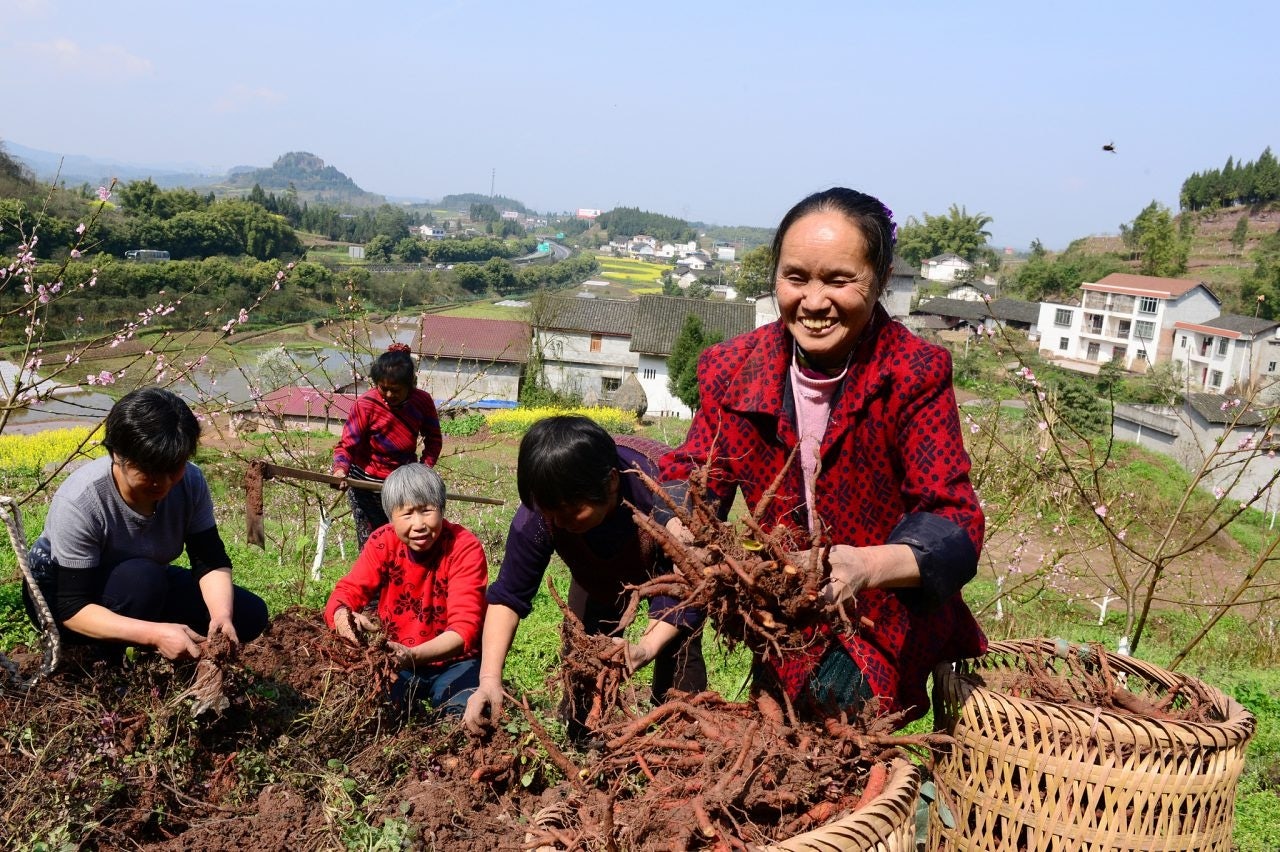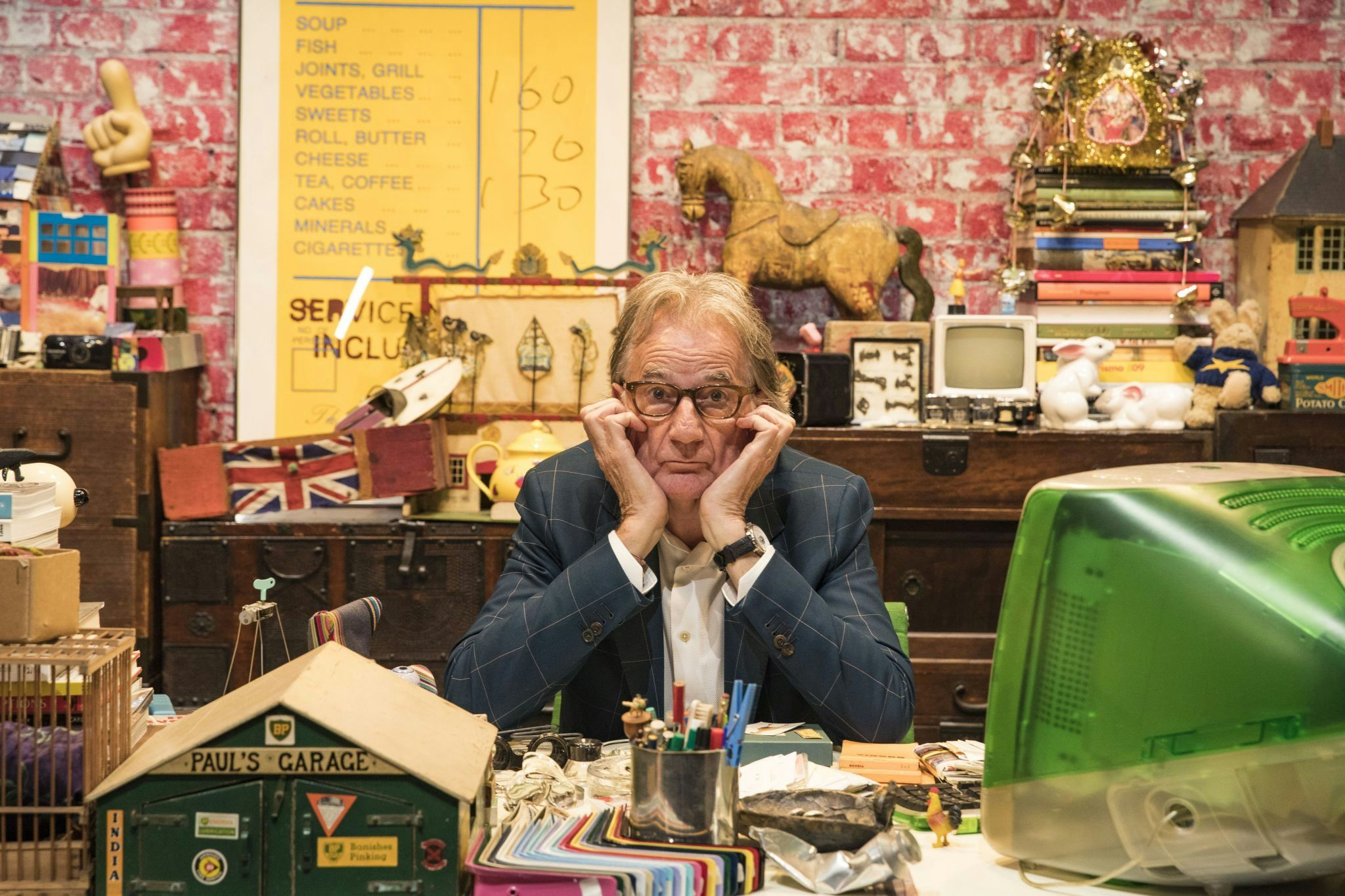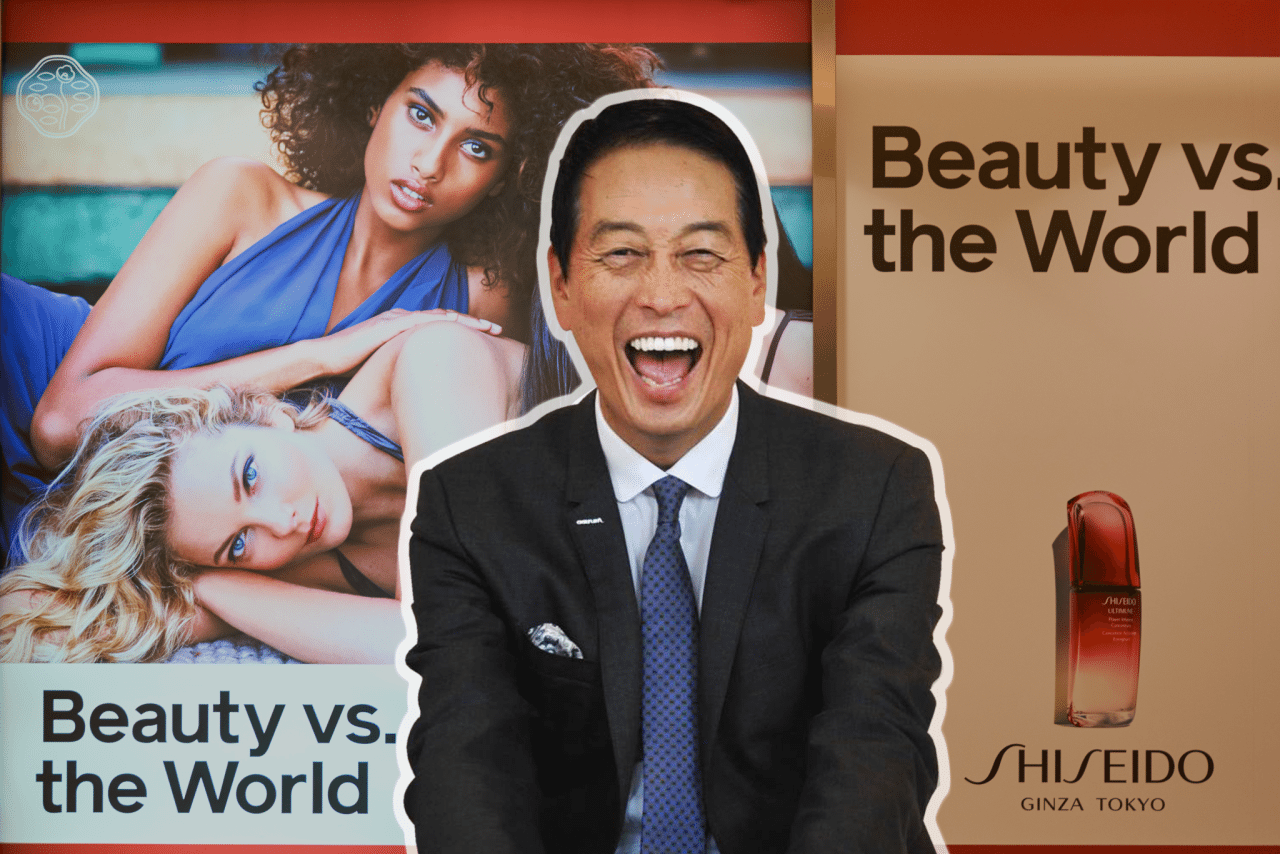A recent Wall Street Journal article about herbal cough syrup Nin Jiom Pei Pa Koa (念慈庵蜜炼川贝枇杷膏) went viral in China and the United States. The article argues that the liquid has become a “secret remedy” for New Yorkers during flu season.
Pei Pa Koa, which translates to loquat syrup, is made up of a blend of Chinese herbal ingredients and is used for the relief of sore throat, coughs, and loss of voice. The medicine is so popular that the price has soared tremendously within a few days – from 7 to now 70. Price rises for traditional Chinese medicines (TCM) in China have been even more meteoric.
E’jiao (阿胶), or donkey-hide gelatin, has become a popular gift among family and friends during Chinese New Year, despite being criticized for its unreasonable price and exaggerated health benefits. Historically, E’jiao was used to improve blood circulation. According to Shangdong E’jiao Association (山东阿胶行业协会), a piece of donkey skin cost approximately 20 RMB (3.17) in 2000, but now costs more than 3,000 RMB (474.90).
The phrase “Buddhist Youth” (佛系青年) went viral online in China last year, referring to Chinese millennials who embraced a laissez-faire approach to life, caring about nothing but their “health regimen.” (养生) The Buddhist Youth craze also made wolfberry (枸杞) popular, since TCM holds that it benefits eyesight.
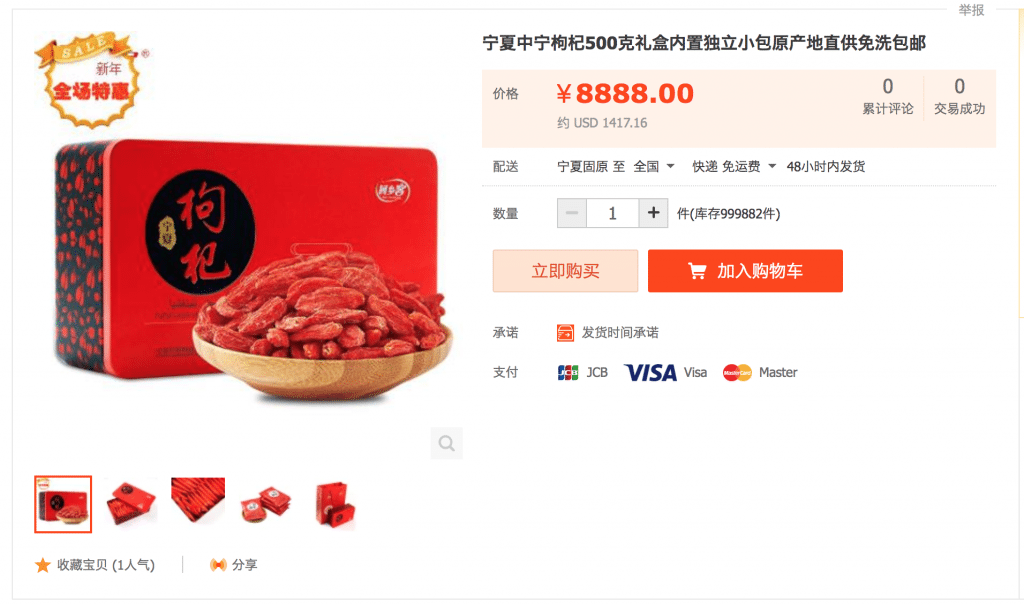
TCM ingredients are now becoming more prominent in luxury beauty brands. For example, Sulwhasoo, a Korean luxury cosmetics brand, says its herbal soap is made up of red ginseng, pine tree, Oldenlandia diffusa, and Licorice; Cha Ling, a luxury Sino-French skincare brand, claims that its main ingredient involves high-end Pu’er tea. Bobbie Brown is said to incorporate essence of Cordyceps sinensis extract into its intensive skin serum foundation, and Shiseido announced a decade ago that it would invest in producing more TCM cosmetics products in China.
There are several luxury herbal ingredients popular with TCM believers in contemporary China.
Ganoderma (灵芝)#
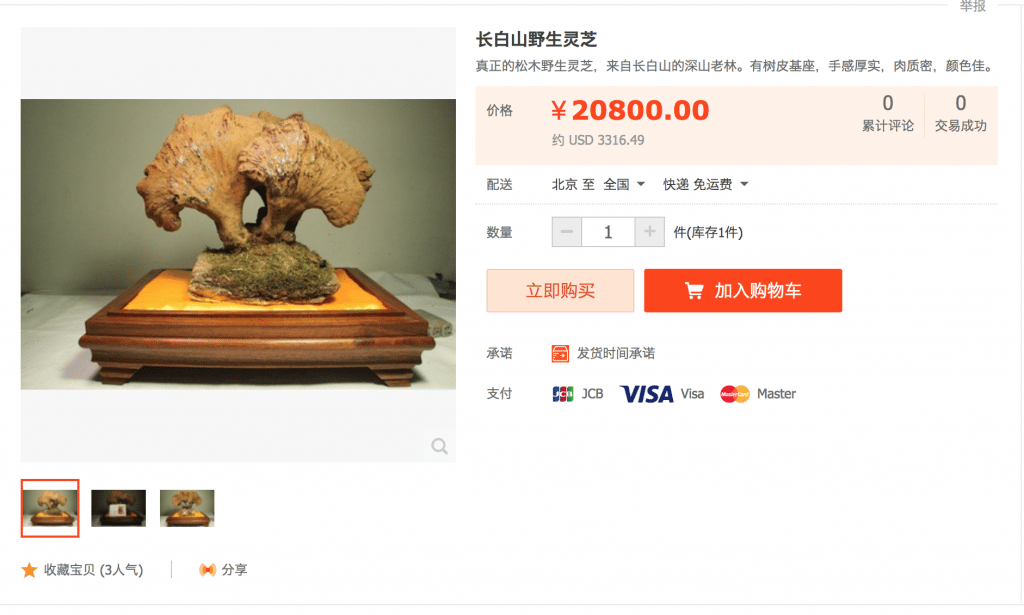
Cordyceps (冬虫夏草)#
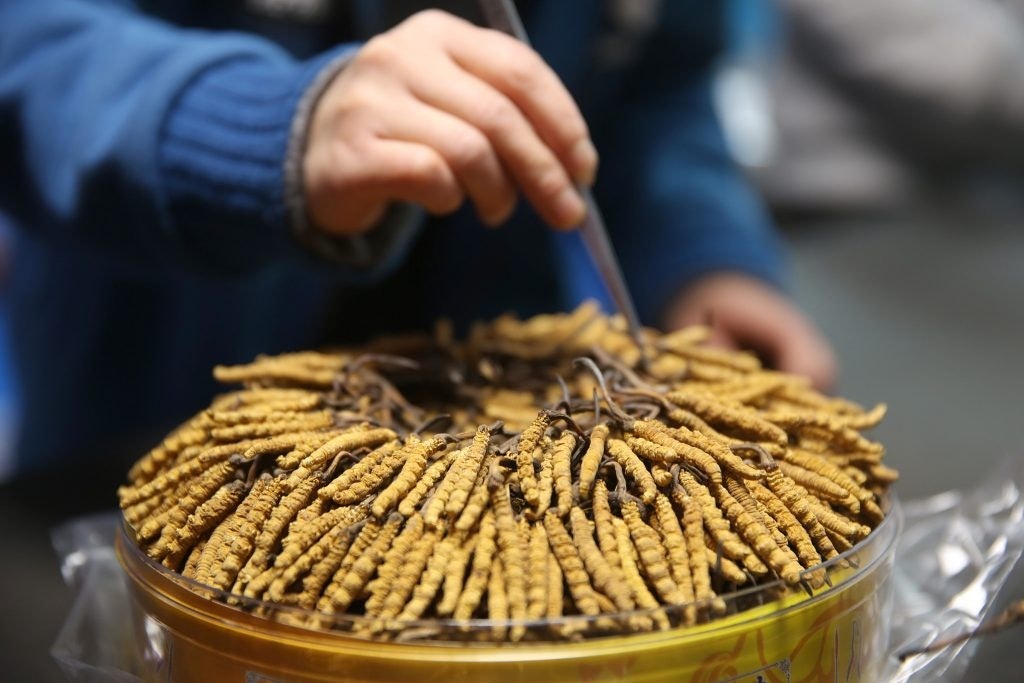
Edible Bird’s Nest (燕窝)#
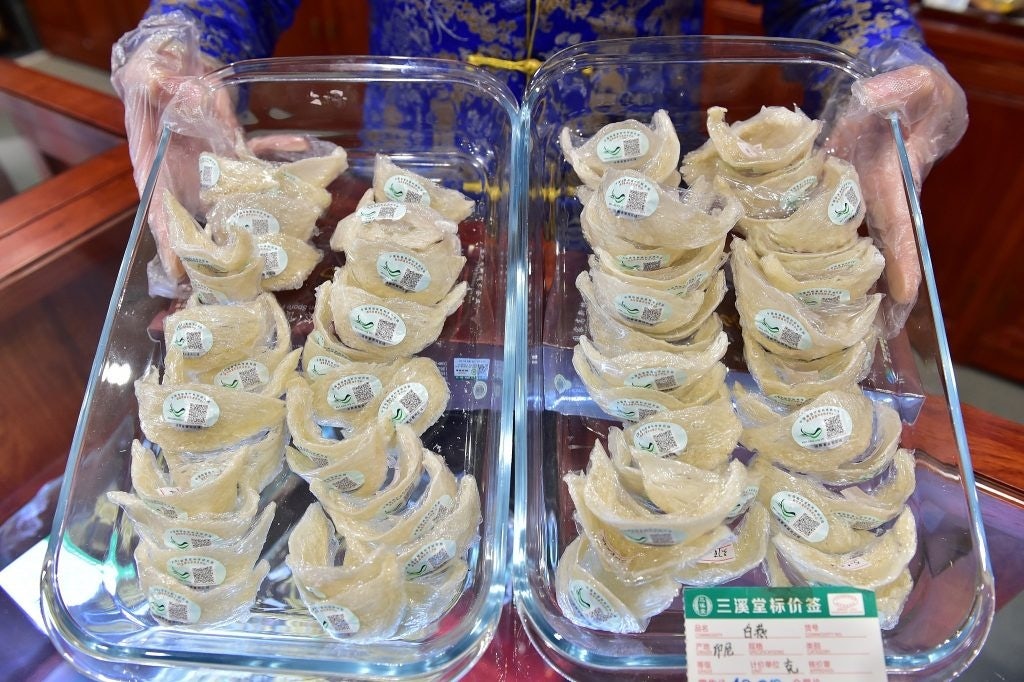
Saussurea (雪莲)#
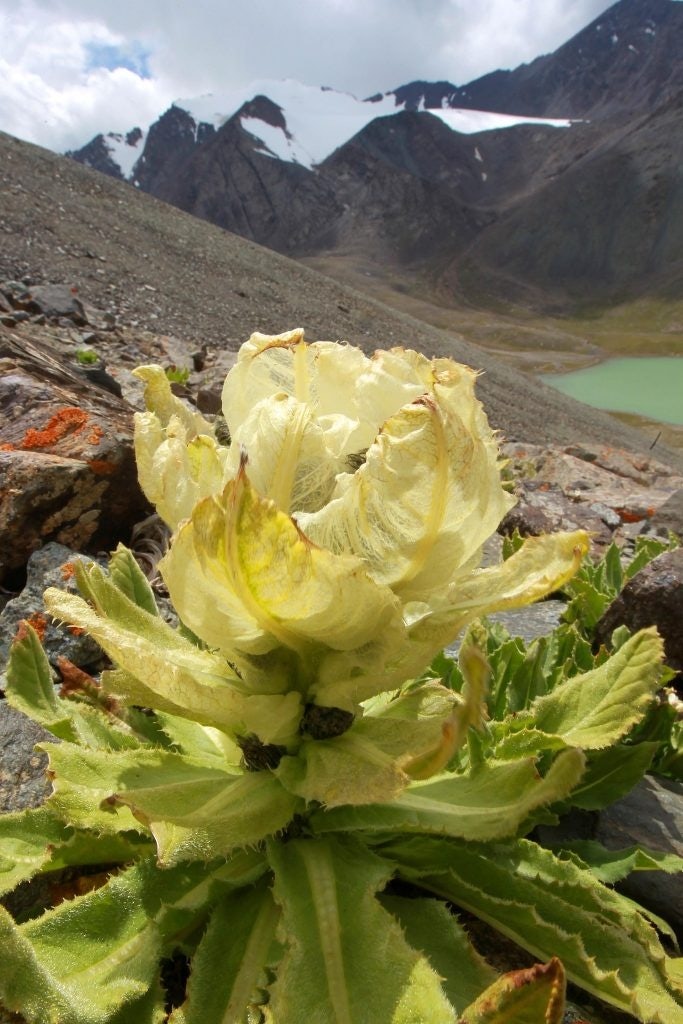
Saffron (藏红花)#
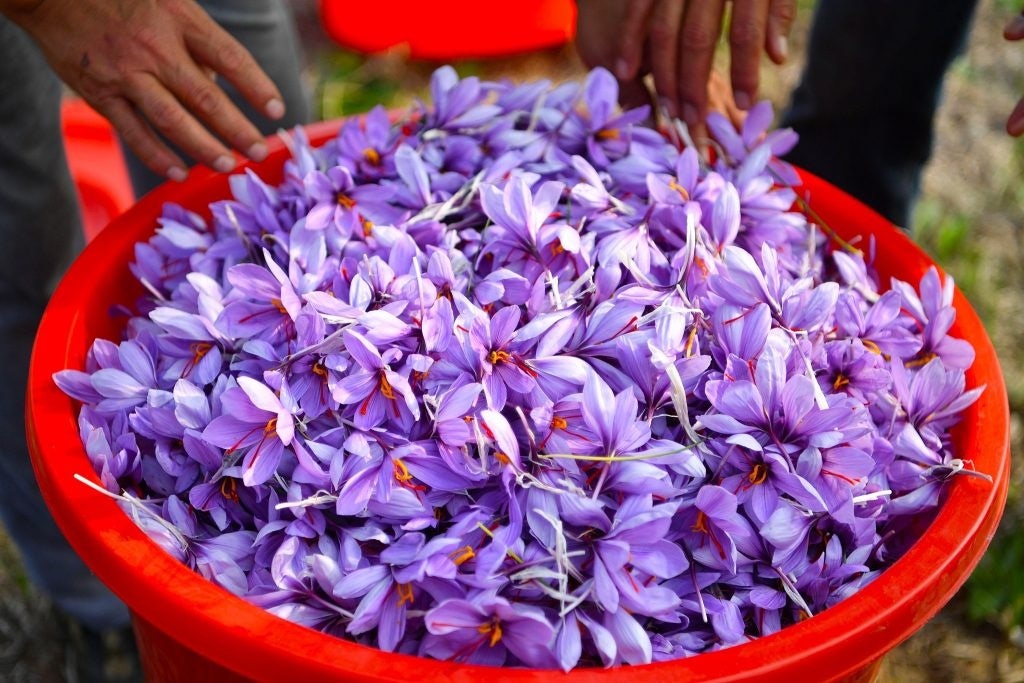
These are just a few of the highly sought-after ingredients said to have health benefits. But even as the price of TCM ingredients has shot up, there is more skepticism regarding their efficacy. "Donkey-hide gelatin has been spoken highly of in health care products, but it is just boiled donkey hide. The main component of donkey skin is collagen, but collagen lacks tryptophane, which humans need," read a post by 全国卫生12320, a Weibo account regulated by China’s Ministry of Health.
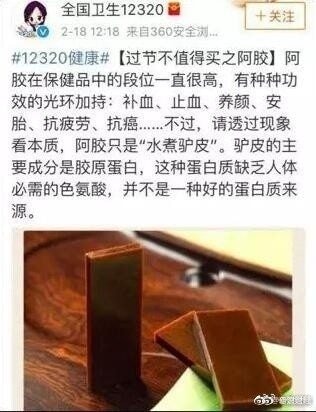
In addition, mainstream medical professionals in the United States have issued warnings about TCM. “There have been reports of Chinese herbal products being contaminated with drugs, toxins, or heavy metals or not containing the listed ingredients. Some of the herbs used in Chinese medicine can interact with drugs, have serious side effects, or be unsafe for people with certain medical conditions,” according to the National Institute of Health’s official website.
There are also research studies indicating that TCM ingredients can result in kidney problems or cause allergic reactions, and fake TCM is still rampant.
All of these issues present opportunities as well as warnings. Luxury beauty brands may have a role to play in determining the efficacy of TCM ingredients and ensuring they are delivered to consumers in a way they know is safe and authentic.
